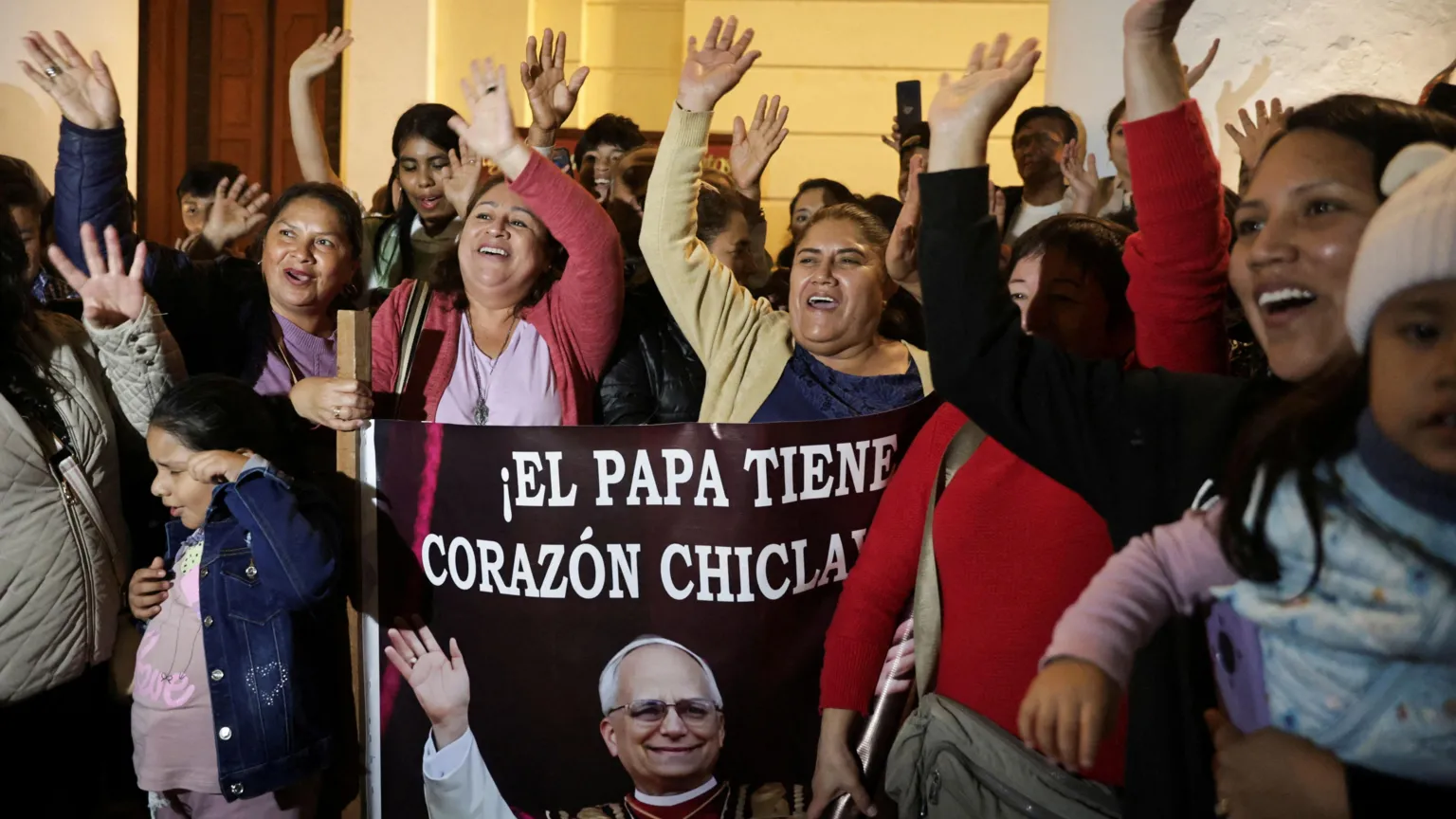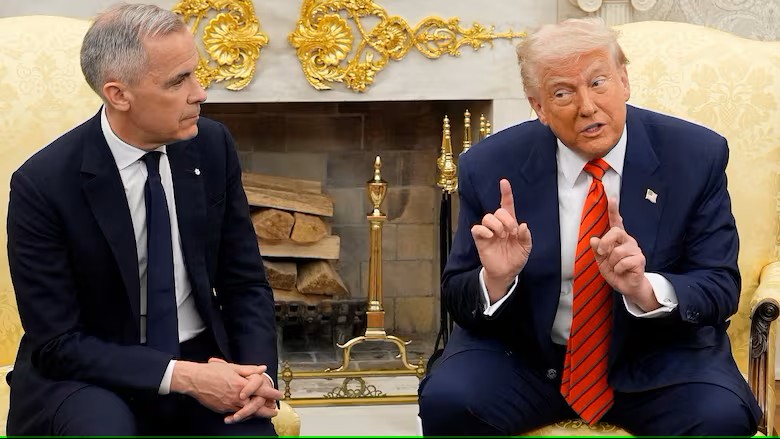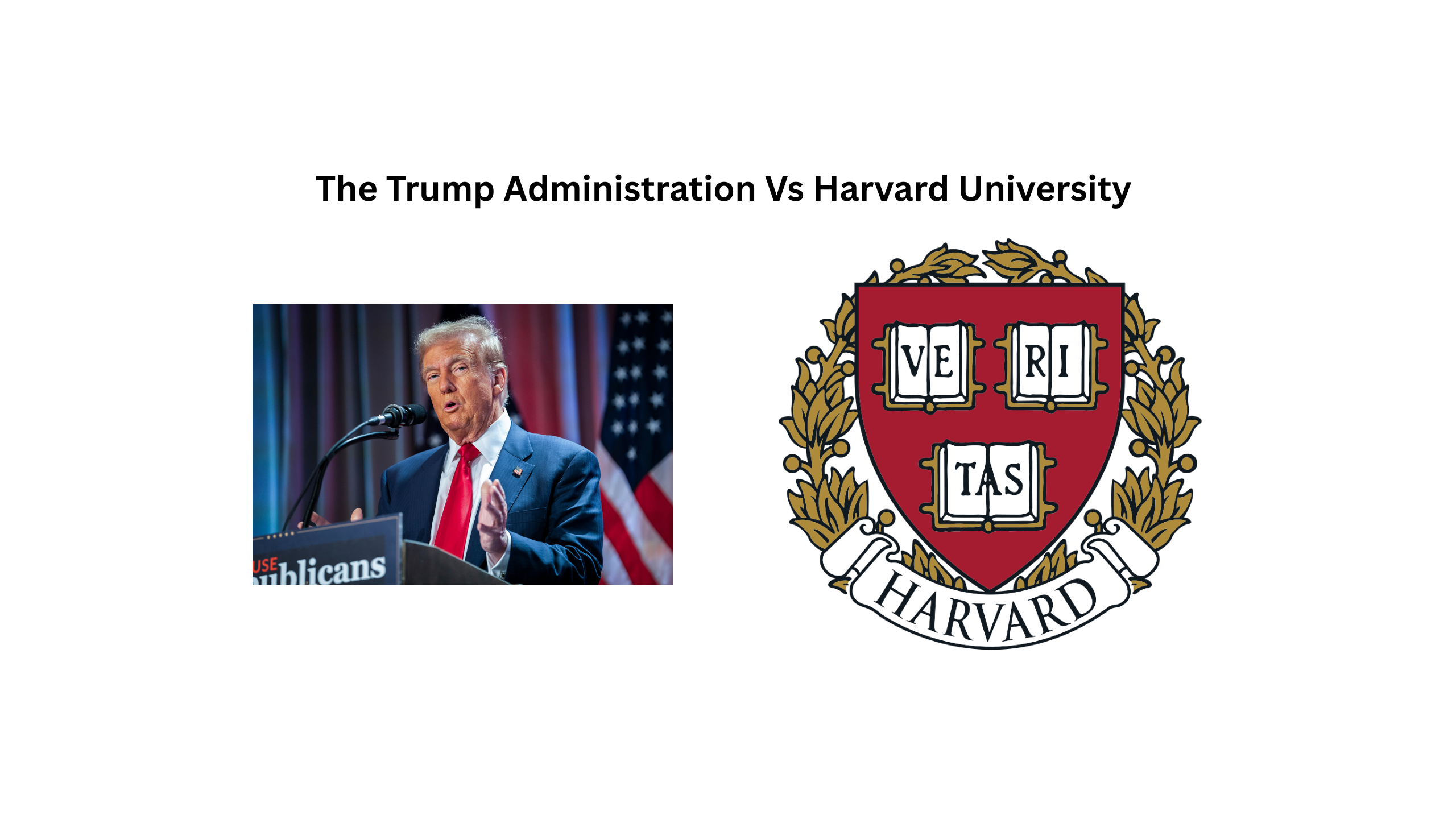Trump Administration Mulls Suspension of Habeas Corpus Amid Immigration Debate
The Trump administration is reportedly "actively exploring" the possibility of suspending habeas corpus, a legal right that allows individuals to challenge their detention in court. Stephen Miller, Deputy Chief of Staff at the White House, revealed the government's stance on Friday, suggesting that the U.S. Constitution permits the suspension of this right during times of "rebellion or invasion."
This development comes as the administration faces increasing scrutiny from judges over its recent detentions related to its crackdown on illegal immigration and efforts to deport foreign students. Miller emphasized that the suspension of habeas corpus depends largely on how courts handle the matter.
Multiple civil cases are currently challenging the Trump administration’s deportation tactics, which include the suspension of habeas corpus for undocumented migrants. One such case saw a federal judge ordering the release of a Turkish university student, detained for six weeks after writing a critical article about Israel. Another ruling last week saw a Columbia University student, detained for his advocacy for Palestinians, being freed after filing a habeas corpus petition.
Despite these legal challenges, other courts have sided with the administration, ruling in favor of its immigration policies.
Miller, who referred to habeas corpus as a “privilege,” pointed to a law passed by Congress that strips judicial courts of jurisdiction over immigration cases. This has sparked debate among legal experts, with critics questioning the validity of his interpretation of the law.
Marc Elias, an attorney for the Democratic Party, challenged Miller's claim, asserting that only Congress has the constitutional authority to suspend habeas corpus, not the president or his aides.
Deportation remains a central issue for Trump, whose administration has aggressively pursued policies to expedite the removal of undocumented immigrants. One of his major campaign promises was to deport millions, and the administration continues to find various legal methods to do so.
In March, a federal judge blocked the use of a wartime law invoked by the administration to justify the deportation of over 200 Venezuelans, despite the flights proceeding. Deportations have lagged behind detentions, with reports of one individual being wrongfully deported.
Reports indicate that Trump has been personally involved in discussions surrounding the suspension of habeas corpus, although he has not publicly addressed the issue. He has, however, expressed his intent to take action against judicial injunctions hindering his deportation efforts, stating that "strong ways" exist to mitigate such challenges.
Habeas corpus—literally meaning "you should have the body"—ensures that individuals can challenge the legality of their detention before a judge. Historically, the right has been suspended four times in U.S. history: during the Civil War under President Abraham Lincoln, in Hawaii following the 1941 Japanese attack on Pearl Harbor, in the Philippines during the early 20th century, and to combat the Ku Klux Klan’s activities in the 19th century.
According to the U.S. Constitution, the power to suspend habeas corpus rests with Congress, not the president.
Category: news
5
0






























Comments